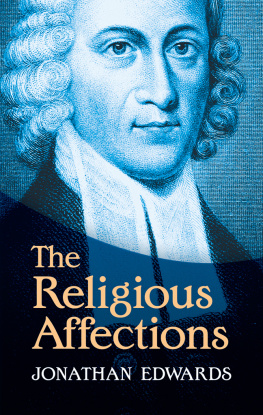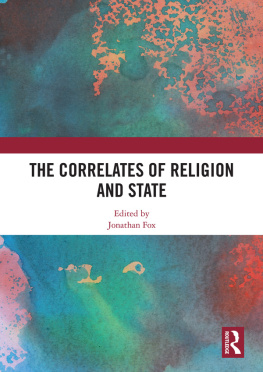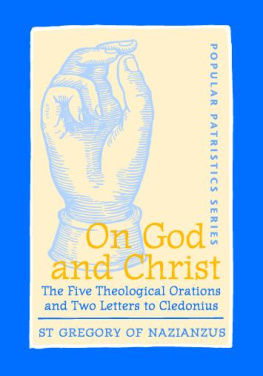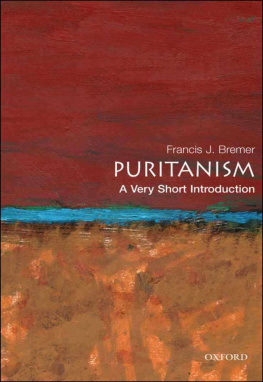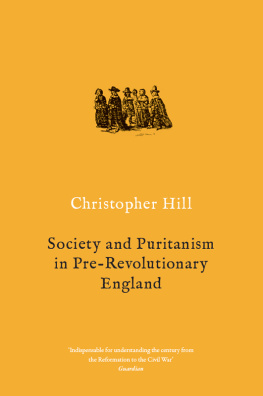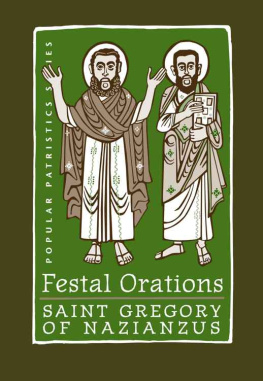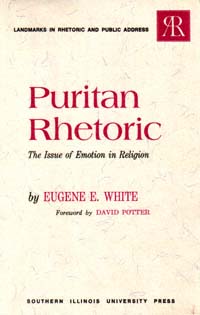Eugene Edmond White - Puritan rhetoric: the issue of emotion in religion
Here you can read online Eugene Edmond White - Puritan rhetoric: the issue of emotion in religion full text of the book (entire story) in english for free. Download pdf and epub, get meaning, cover and reviews about this ebook. year: 1972, publisher: Southern Illinois University Press, genre: Religion. Description of the work, (preface) as well as reviews are available. Best literature library LitArk.com created for fans of good reading and offers a wide selection of genres:
Romance novel
Science fiction
Adventure
Detective
Science
History
Home and family
Prose
Art
Politics
Computer
Non-fiction
Religion
Business
Children
Humor
Choose a favorite category and find really read worthwhile books. Enjoy immersion in the world of imagination, feel the emotions of the characters or learn something new for yourself, make an fascinating discovery.

- Book:Puritan rhetoric: the issue of emotion in religion
- Author:
- Publisher:Southern Illinois University Press
- Genre:
- Year:1972
- Rating:5 / 5
- Favourites:Add to favourites
- Your mark:
Puritan rhetoric: the issue of emotion in religion: summary, description and annotation
We offer to read an annotation, description, summary or preface (depends on what the author of the book "Puritan rhetoric: the issue of emotion in religion" wrote himself). If you haven't found the necessary information about the book — write in the comments, we will try to find it.
Eugene Edmond White: author's other books
Who wrote Puritan rhetoric: the issue of emotion in religion? Find out the surname, the name of the author of the book and a list of all author's works by series.

